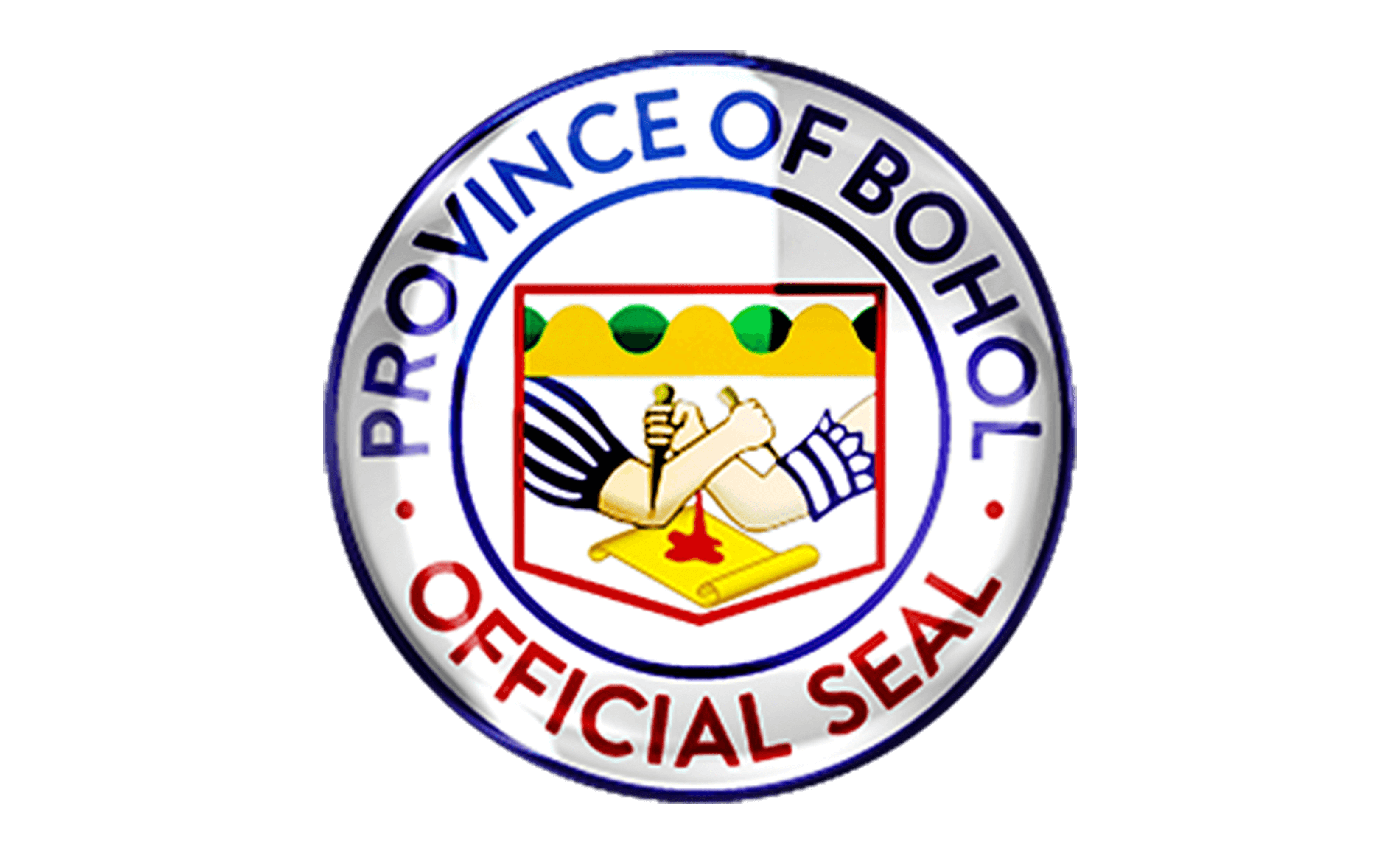MUNICIPALITY OF CATIGBIAN
Catigbi-an is an interior town north of Balilihan and west of Carmen. It is an old community, being one of the villages where the rebels were resettled after the Dagohoy Rebellion had been suppressed in 1829. In 1903, when the province was reorganized, it was annexed to Balilihan but was made an independent municipality once more in October 1949. Catigbi-an got its name after a tree which grew abundantly in the place.
Municipal Officials: 2022-2025
| Mayor | : | Pace, Elizabeth Mandin |
| Vice Mayor | : | Angilan, Esteban Jr. Napiñas |
| SB Members: | : | Olivia, Oliver Sanchez |
| Garsuta, Noel Agad | ||
| Lastimosa, Zip Requillo | ||
| Lacea, Reynald Maglajos | ||
| Saraum, Rolando Manayaga | ||
| Dinorog, Remegio Blanco | ||
| Maglajos, Reinaldo Almerol | ||
| Maglahus, Mariano Jr. Laroda | ||
| ABC President | : | |
| SK President | : |
Facts and Figures:
| Location | : | Interior town on Northern Part of Bohol |
| Congressional District | : | 1st District |
| Number of Barangays | : | 22 Barangays |
| Income Classification | : | 4th Class |
| Ave. LGU Annual Income | : | P45,939,384.00 |
| Total Municipal Land Area | : | 78.48 sq. kms. |
| Timberland Area | : | 2, 425 hectares |
| Alienable & Disposable (A & D) | : | 5, 423 hectares |
| Soil Cover | : | Batuan Faraon Complex, Batuan Clay Loam Sevilla Clay, Annam ClayBolinao Caly, Batuan Faraon Complex, Batuan Clay Loam, Calape Clay Loam |
| River Basins (Watershed Areas) | : | Loboc RB, Abatan RB |
| Population | : |
21, 461 (2000 Census) 23, 333 (2007) 24, 779 (2012 projected) |
| Average Population Growth Rate | : | 1.16 (2000 – 2007) NSO Source |
| Total Number of Households | : | 4, 429 (2007 Census) |
| Major Industries | : | Farming, Mat-weaving, Livestock Raising, Business Cottage Industry |
| Literacy Rate | : | Literate –0.84%, Illiterate –0.12% |
| Higher Education Institutions | : | 1 |
| Number of Secondary Schools | : | 5 |
| Number of Primary/Elementary Schools | : | 5 Primary; 18 Elementary |
| Language/Dialect | : | Boholano (Binisaya) |
| Religion/Religious Affiliation (1990) | : | Roman Catholic (98.5%) |
| Main source of potable water | : | Groundwater |
| Water Supply | : |
L1 facilities – 45 water wells L2 systems in 5 barangays L3 systems in Poblacion and Haguilanan |
| Potable Water Demand | : | 74, 413 cubic meters per/d (cum/d), CY 1998 |
| Estimated Groundwater Recharge | : | 77, 904 cubic/d CY (2030) |
| Water Demand for Irrigation | : | None |
| Energization Status (as of CY 1999) | : | 22 Barangays Energized; 4,433 (94%)Total Number of House Connections; 4,700 Potential House Connections |
| No. of HH w/ accessed to Sanitary Toilets | : | 3, 813 (76.20% CY 2010) |
| Drainage and Sewerage System | : | None |
| Number of Barangay Health Stations | : | 7 (53%) |
| Number of Hospital | : | 1 |
| Number of Municipal Health Center | : | 22 (100%) |
| Number of Day Care Centers | : | 21 (100%) |
| Carpable Areas | None | |
| Total Road Length | 143.49 km | |
| Total Number of Bridges | 7 | |
| Communication System | 4 Public Calling Office (PLDT) | |
| Official Website |
